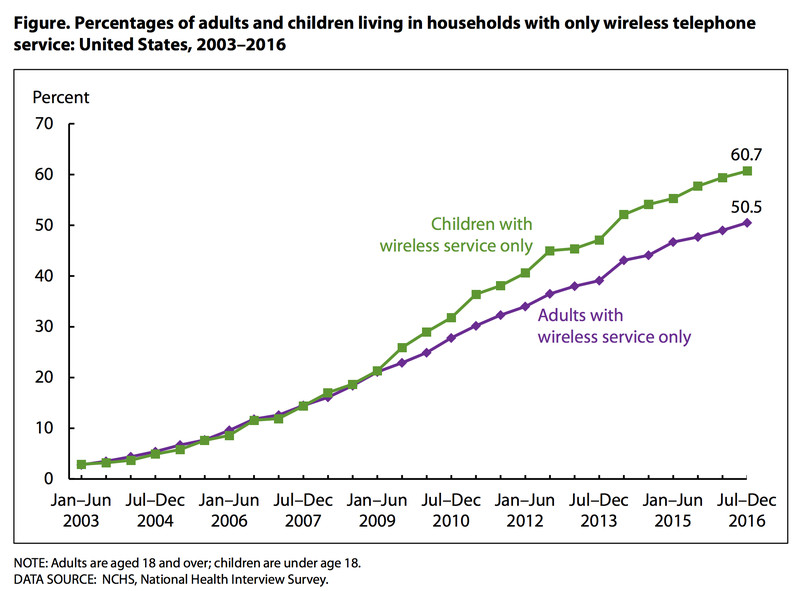Please don't follow this email advice
I don't know why I still keep the Inc. site in my feed reader, (remember feed readers?), because about 80% of the articles are inane '5 Ways to Crush XYZ process' or 'Celebrity ABC in one sentence gave us a master class in leadership'. Awful.
So it was with a kind of hate read perspective that I clicked through my Feedly link to this latest gem from Inc. - A study of 386 million emails says this is a perfect time to send an email'. As I mentioned, I clicked ready to hate the piece, and hate it I did.
Here are the four pieces of Email advice which drive increases in email open and reply rates that Inc. gleaned from a study of 386 million emails sent by the provider Yeswar. I will list each of the four, and because you demand no less, provide my thoughts one by one.
1. Open with a short, direct informal greeting. 'Hey' seems to work best
SMB - Short and informal seems fine to me. But I don't like 'Hey' unless it is with someone you have a fairly deep work history with. I know this is quibbling, but can we go with 'Hi' instead? And never, ever lead with 'Greetings'.
2. End with gratitude. The three word phrase 'Thanks in advance' had the highest response rate.
SMB - I am pretty sure 'Thanks' would do. I actually prefer the slightly more formal 'Thank you' as it also feels more personal at the same time. And the 'Advance' part also feels a little like you are trying to guilt me into doing something - responding, taking some action, etc. Again, I know I am quibbling here. But it is my blog, so so there.
3. Save your important emails for the weekend, if possible, when there is less competition
SMB - Now you have gone and done it Inc. You have ticked me off. Your advice to get more attention and get noticed is to pile in to the days when most folks are taking a sanity break from the incessant demands of email. Sure, the data may tell you this is the right thing to do in order to get a few percentage points increase in open rates, but is that worth infringing on most people's days off? Does anyone really want to read even more email on the weekend?
4. If you can swing it, send emails between 6AM and 7AM, or else around 8PM
SMB - Assuming they still mean to send said emails on thw weekend, to me, it doesn't really matter what time on the weekend you hit 'send'. For most folks, weekend emails are just going to accumulate into a mass of 'unread' stuff that you have to wade through on Monday morning, (or I suppose, on Sunday night, if this data can be trusted).
A few year ago someone advised me to send 'important' work-related emails, at least to people who are tough to get to respond to messages, on Sunday nights, for the same kinds of reasons that were pointed out in the Inc. piece. While the advice, at least according to this data, might be good, I didn't follow it back then, and I am not following it now.
I just don't want to be the person who hits you up with an email.at 7PM on a Sunday night, a time where for most of us we are taking a little break, spending time with friends or family, working on our own projects, or even just zoning out with some Netflix. I just don't want to assume that my message is valuable enough to infringe upon 'your' time. Your Executive Time even.
Ok, that's it, I am out. Time to have a look at the unread email that came in over the weekend. I will admit to not checking it over the weekend. Take that, Inc.
Have a great week!

 Steve
Steve


